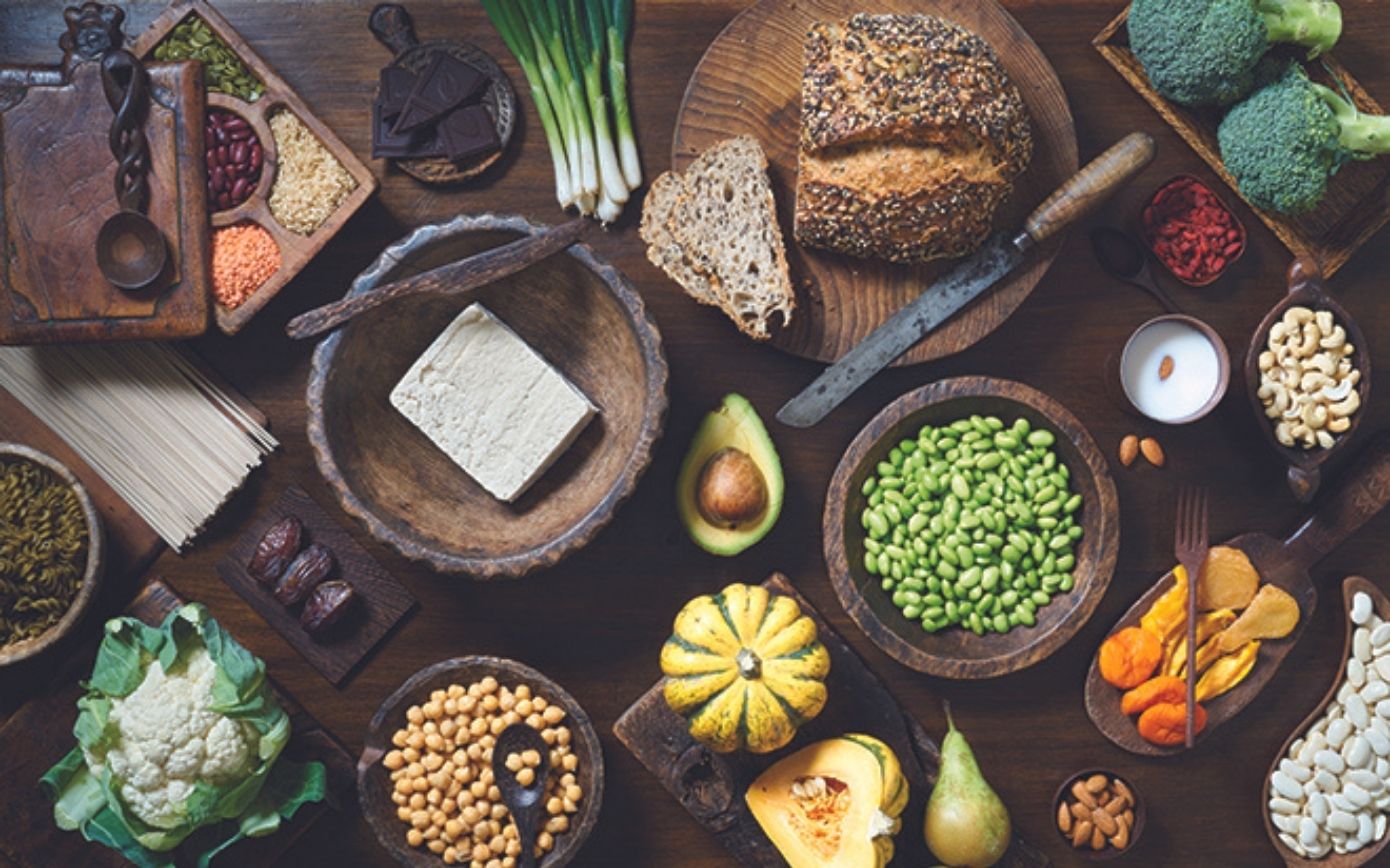Adopting a greener, leaner climatarian diet is not as difficult as it may seem, especially when you allow yourself a few sustainable shortcuts …
It’s January and strangely, the Christmas wish I made for climate change reversal superpowers has not come true. Faced with an increasingly fragile planet, our best efforts can feel irrelevant. Yet no matter how tiny our contribution to honouring our climatarian responsibilities, when it comes to food, there is much we can do to feel empowered. Eating less, better-quality meat, reducing food waste and buying more local produce – once marginal, even elitist practices mostly discussed at farmers’ markets – are all now fully integrated into kitchens and appetites, and more easily within our grasp. January and February are the perfect months for gentle sea change, as we retreat into our cosy (but not too cosy, please) homes, cash-poor and keen to self-care our bodies, deliciously.
First up, meat. Ideally, we should eat less than 400g a week. Whether the 400g limit means one luxurious, melt-in-your-mouth Meat Merchant Co?te de boeuf, or a mix of outdoor-reared, often organic, pork and chicken from responsible producers like Crowe’s Farm in Tipperary or Rings Farm in Kilkenny, seeking out the most environmentally friendly farming practices is vital and entirely possible. Combined with the urgent need to reduce food waste and food-related airmiles, the other major parts of our heavy carbon footprints, a mighty change of tack in the way we cook and organise our cooking is required. Without an easily managed, naturally flavoursome hunk of meat at every meal, the architecture of our plates must be transformed, and with it, our palates.
Helpfully, our appetite for exciting street food and curiosity about other food cultures has opened our minds considerably to other food cultures. But one glance at an Ottolenghi ingredients list tells you how shopping and labour-intensive veggie home cooking can be. Stepping up to vegan? Even more so. Pumping flavour, especially umami, into delicately flavoured vegetables, grains and pulses, can leave you with aching hands and onion-scented hair, not to mention a niggling feeling about all those fancy spices flown in from around the world. So as unsexy and slavish as it sounds, some batch cooking is called for here. Buying and cooking larger amounts of local, seasonal vegetables, and then freezing dals, soups, chillis and curries, reduces cost, waste and frustration. But be kind to yourself. Use frozen onions, tinned chickpeas, and to offset the price of all the meat you didn’t buy on fresh, ready prepared and chopped vegetables.
Pumping flavour, especially umami, into delicately flavoured vegetables, grains and pulses, can leave you with aching hands and onion-scented hair, not to mention a niggling feeling about all those fancy spices flown in from around the world.
Take a leaf out of Sprout’s Kale Caesar salad, or any of their other crowd-pleasing dishes, full of Irish-grown vegetables. Sure, there’s work but again, prep and store the basics, then mix and match. Make and keep your own spice mixes, ensure grains, tofu and pulses come from as sustainable a source as possible, and substitute a good, mature hard Irish cheese for parmesan – or buy from cheesemongers who ensure quality and sustainability via close relationships with their overseas suppliers. Don’t feel bad about indulging in comforting, healthy ready-meals from time to time. They mean less waste, and less energy spent cooking, just avoid the E-number-rich, dubious-provenance offerings from the multiples and shop from places like Farmgate Cafe Cork’s carefully sourced @Home menu and Naomi’s kitchen in Dublin.
Large supermarkets are still a necessity for most of us, but we can hack the way we spend our money, avoiding the middle aisles, not being tempted to buy more than you need in BOGOF (Buy One Get One Free) or two for three offers, looking straight ahead and sticking to a strict shopping list. Save the browsing for a groundbreaking foodstore like Organico in Bantry, or Ardkeen in Waterford, whose owners have long recognised the positive economic, social and environmental impacts of stocking seasonal or sustainably grown or raised foods – and give yourself a sort of best practice refresher course. When it comes to marques of trust, Bord Bia Quality Assurance for meat and IOFGA (Irish Organic Farmers and Growers Association) for organic produce, are the standards we must look for, as we each play our own small part in saving the planet.
LOVETHEGLOSS.IE?
Sign up to our MAILING LIST now for a roundup of the latest fashion, beauty, interiors and entertaining news from THE GLOSS MAGAZINE’s daily dispatches.






